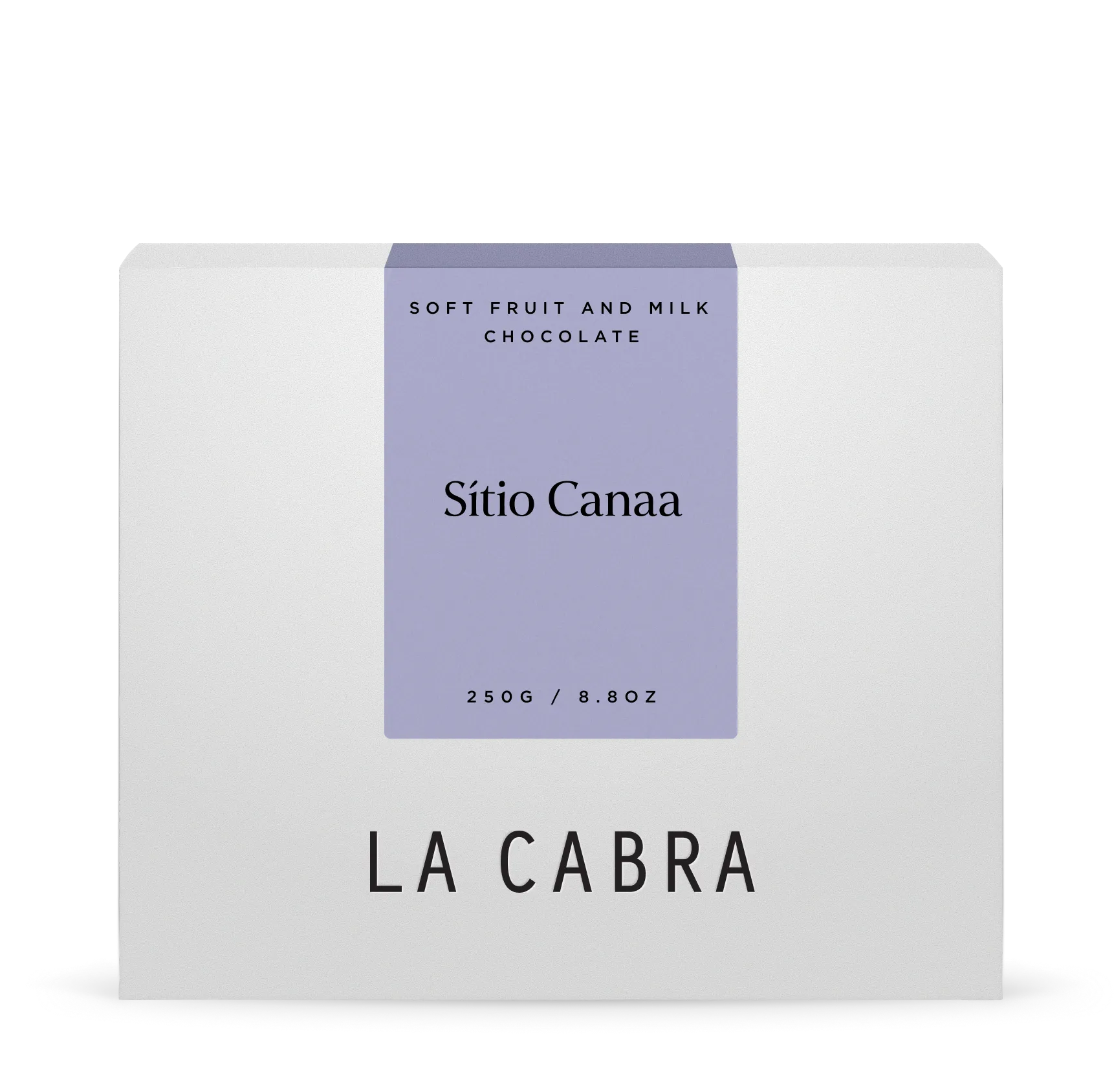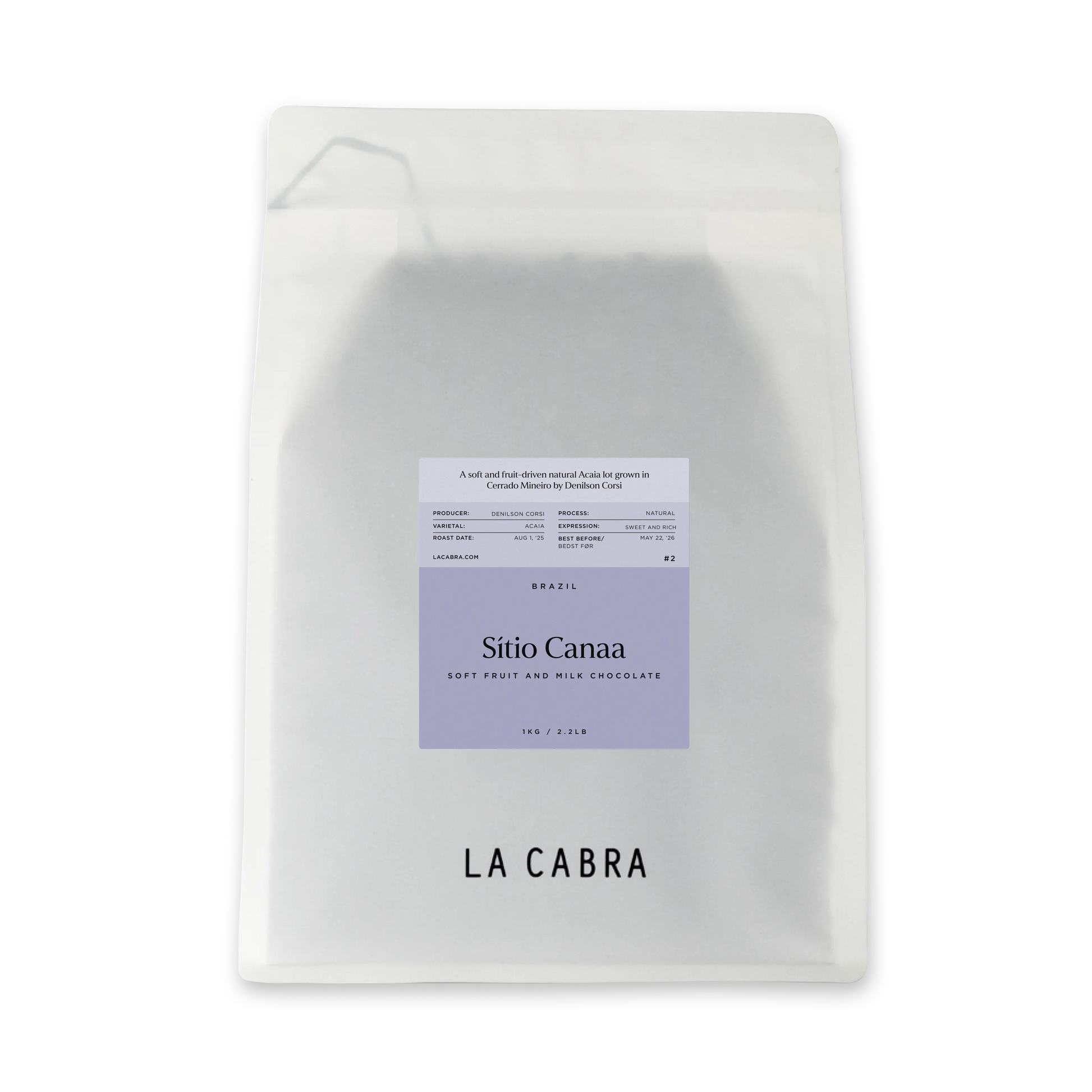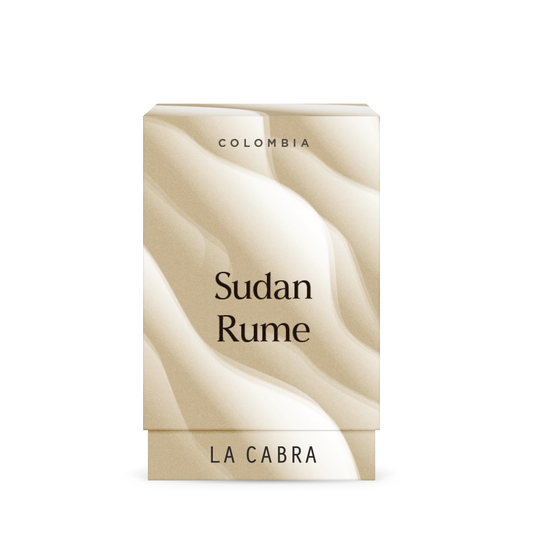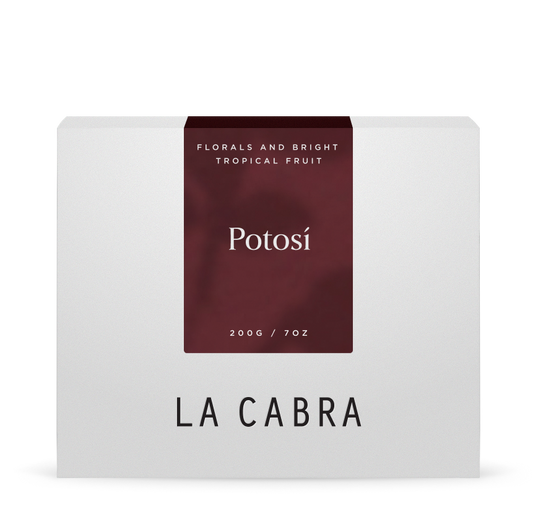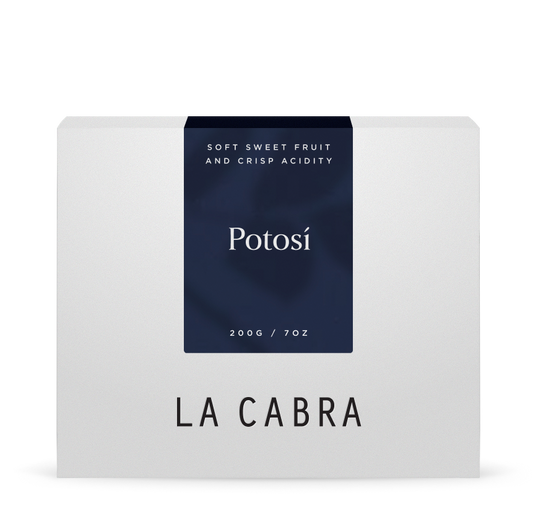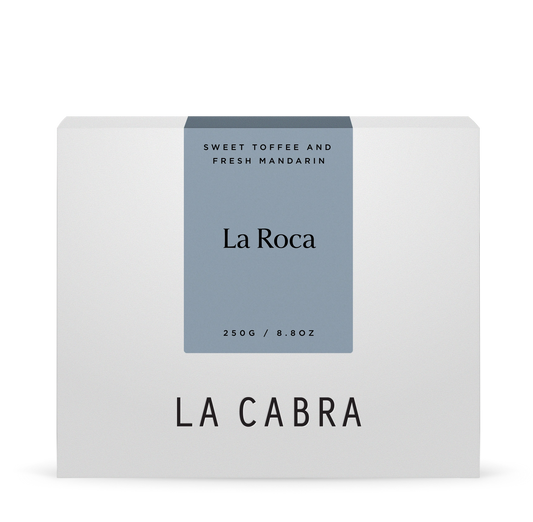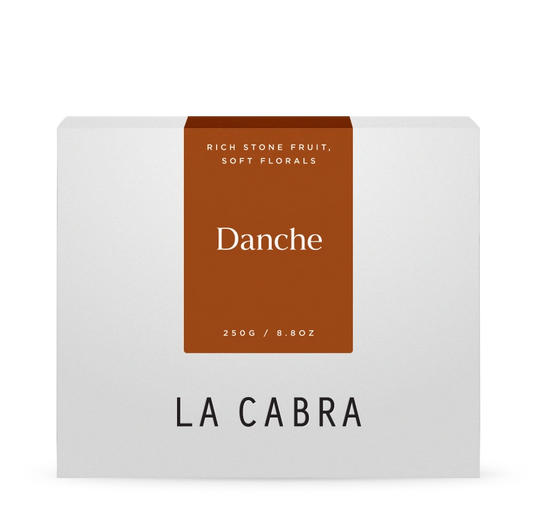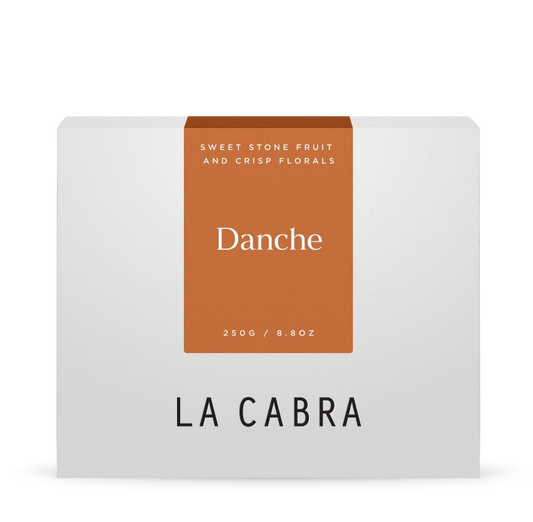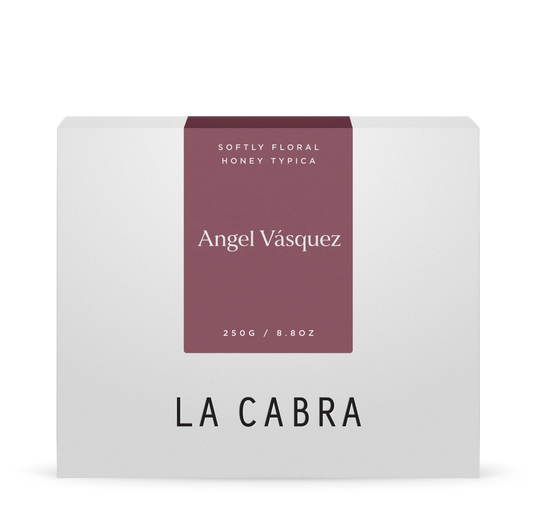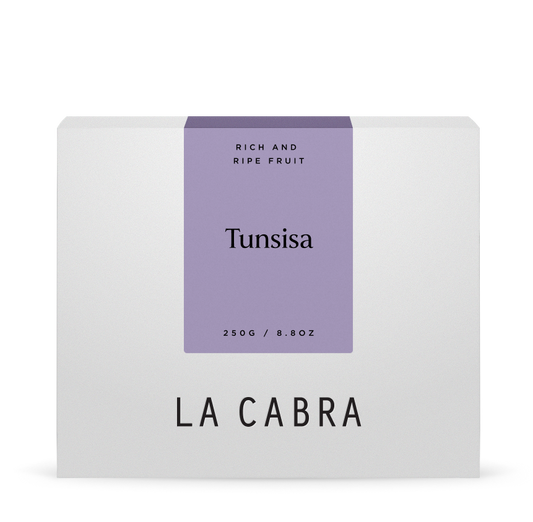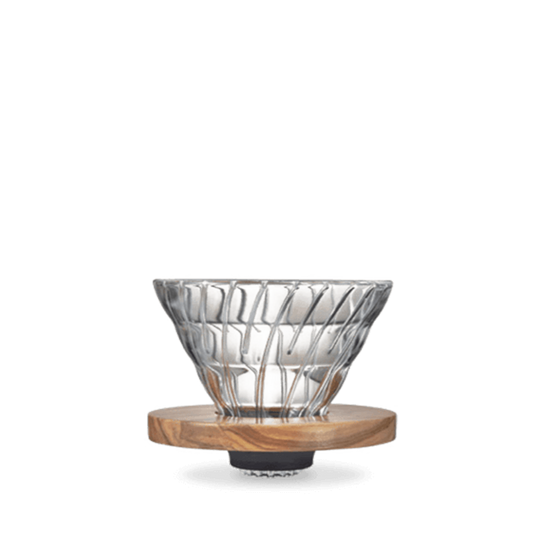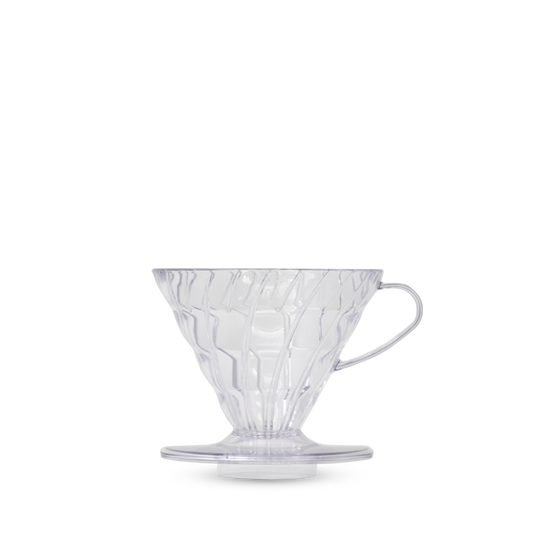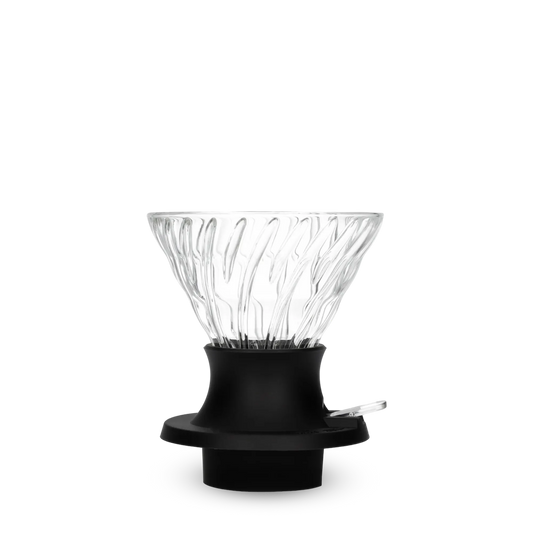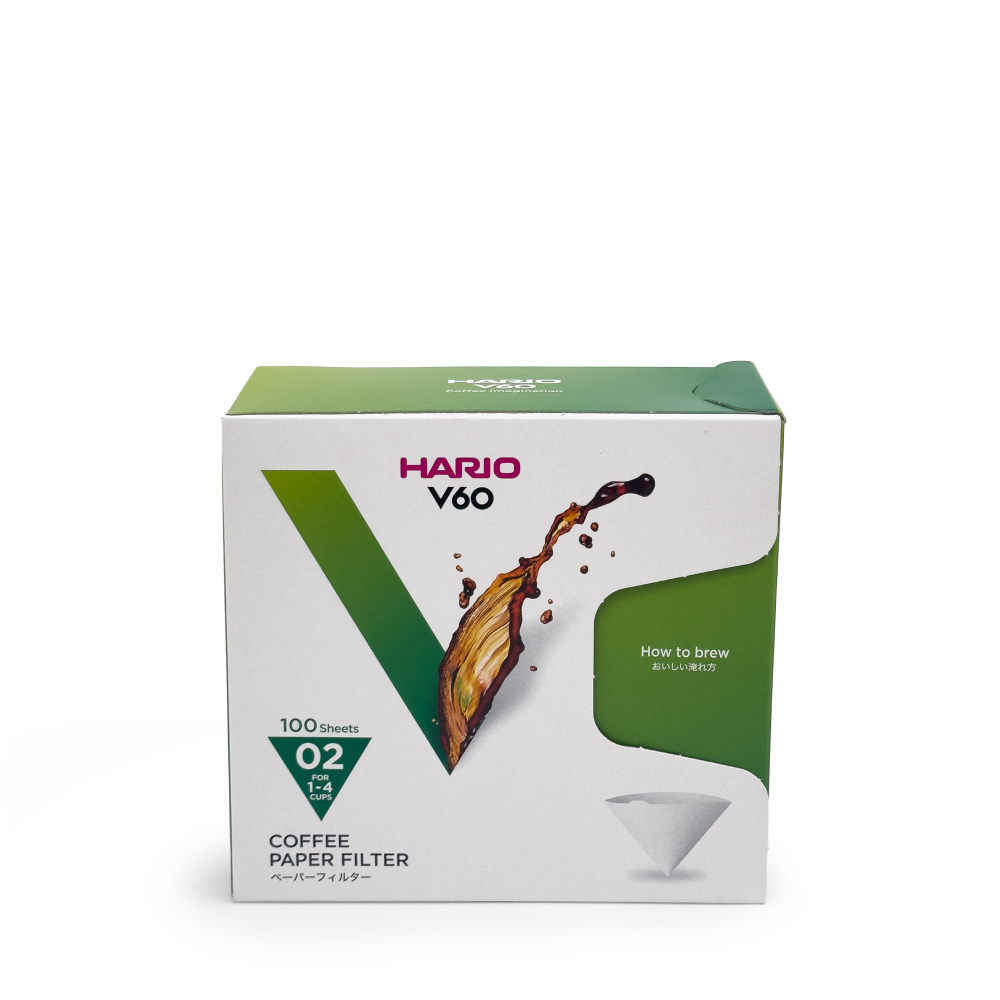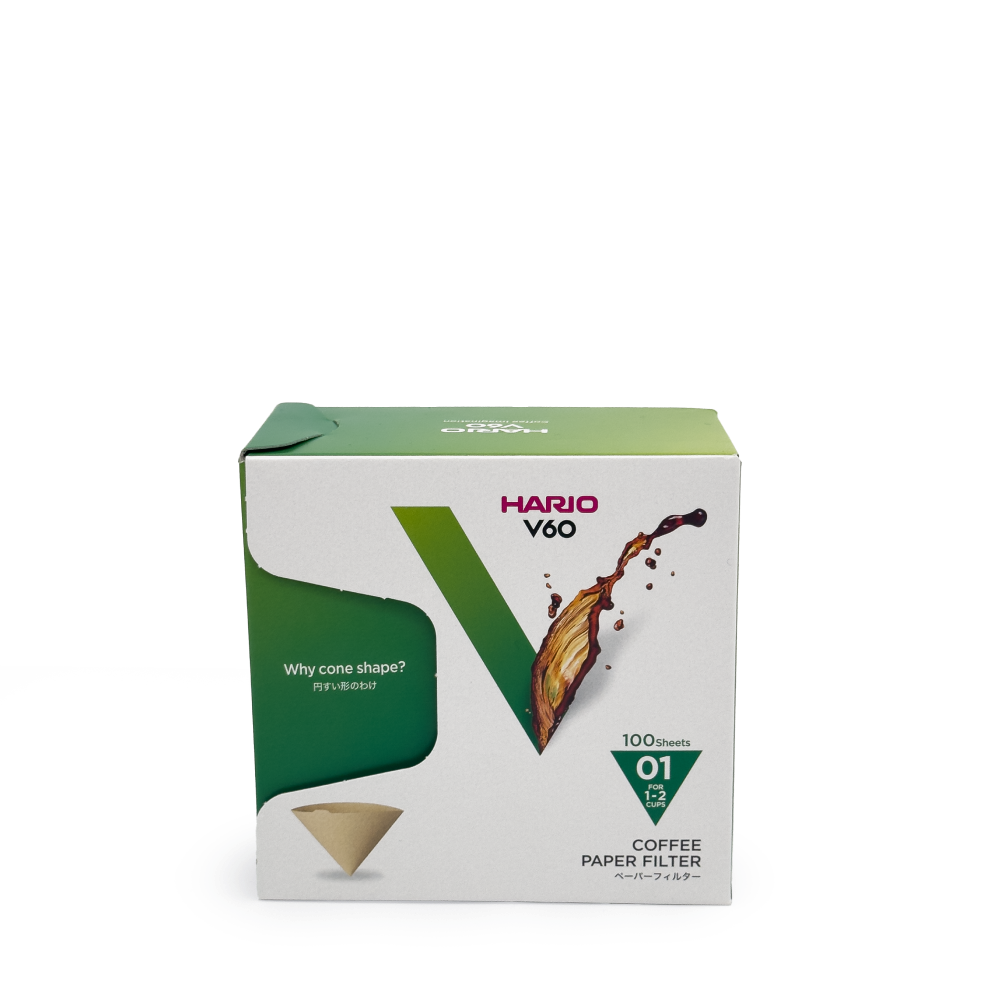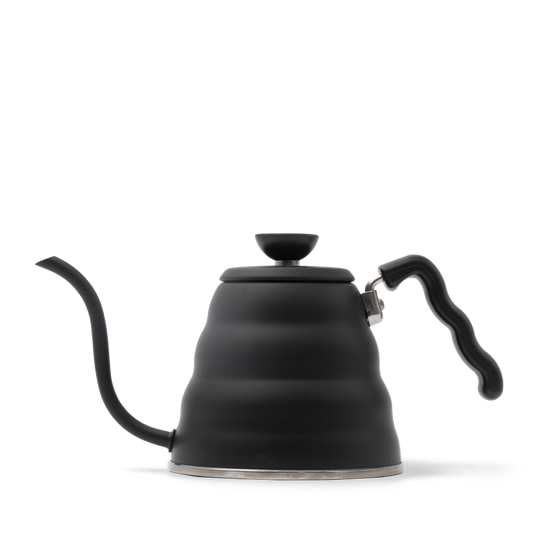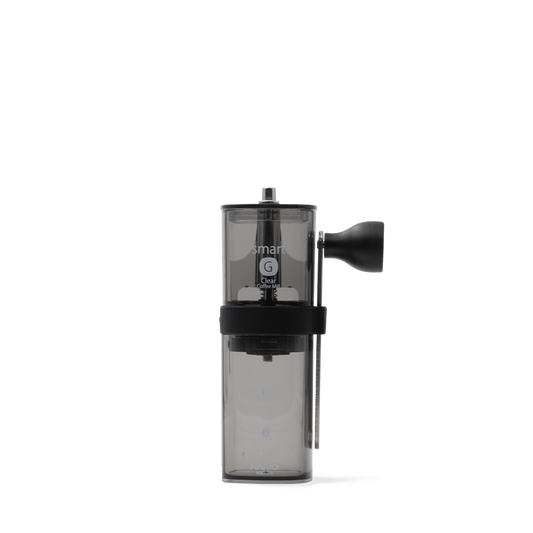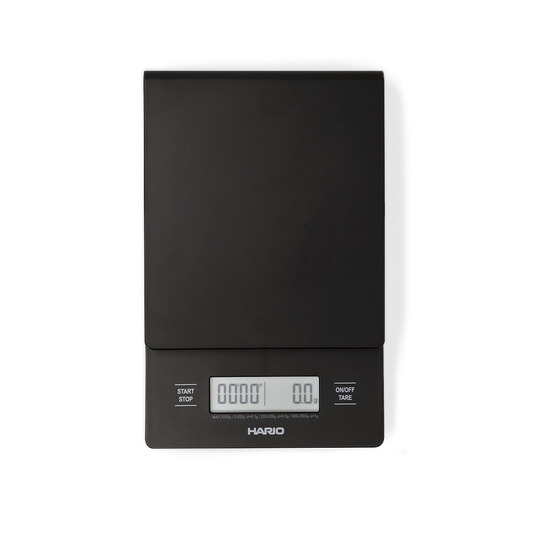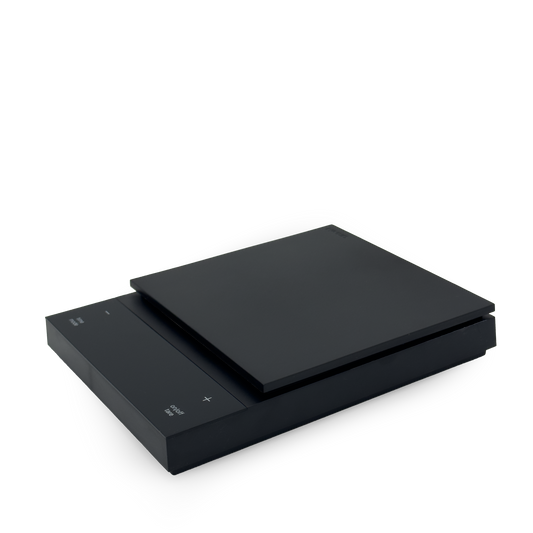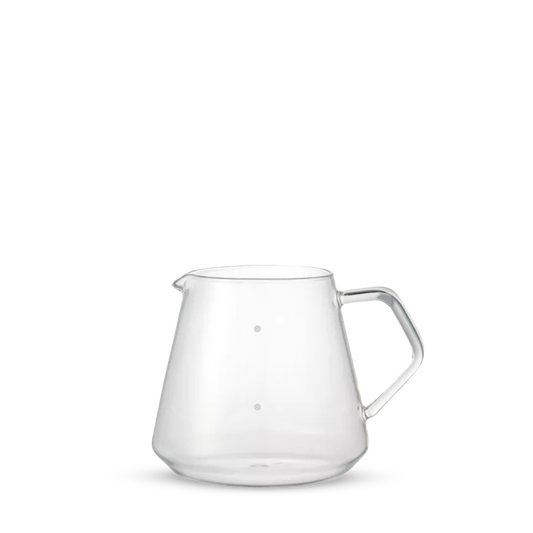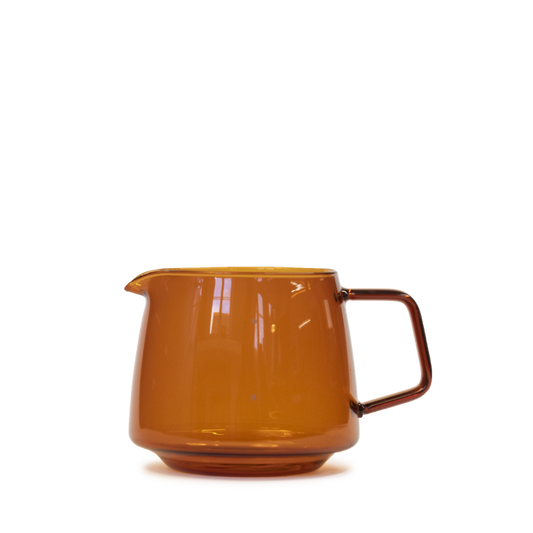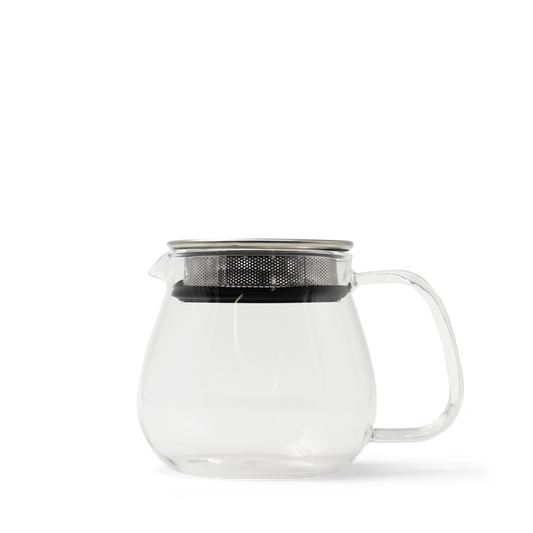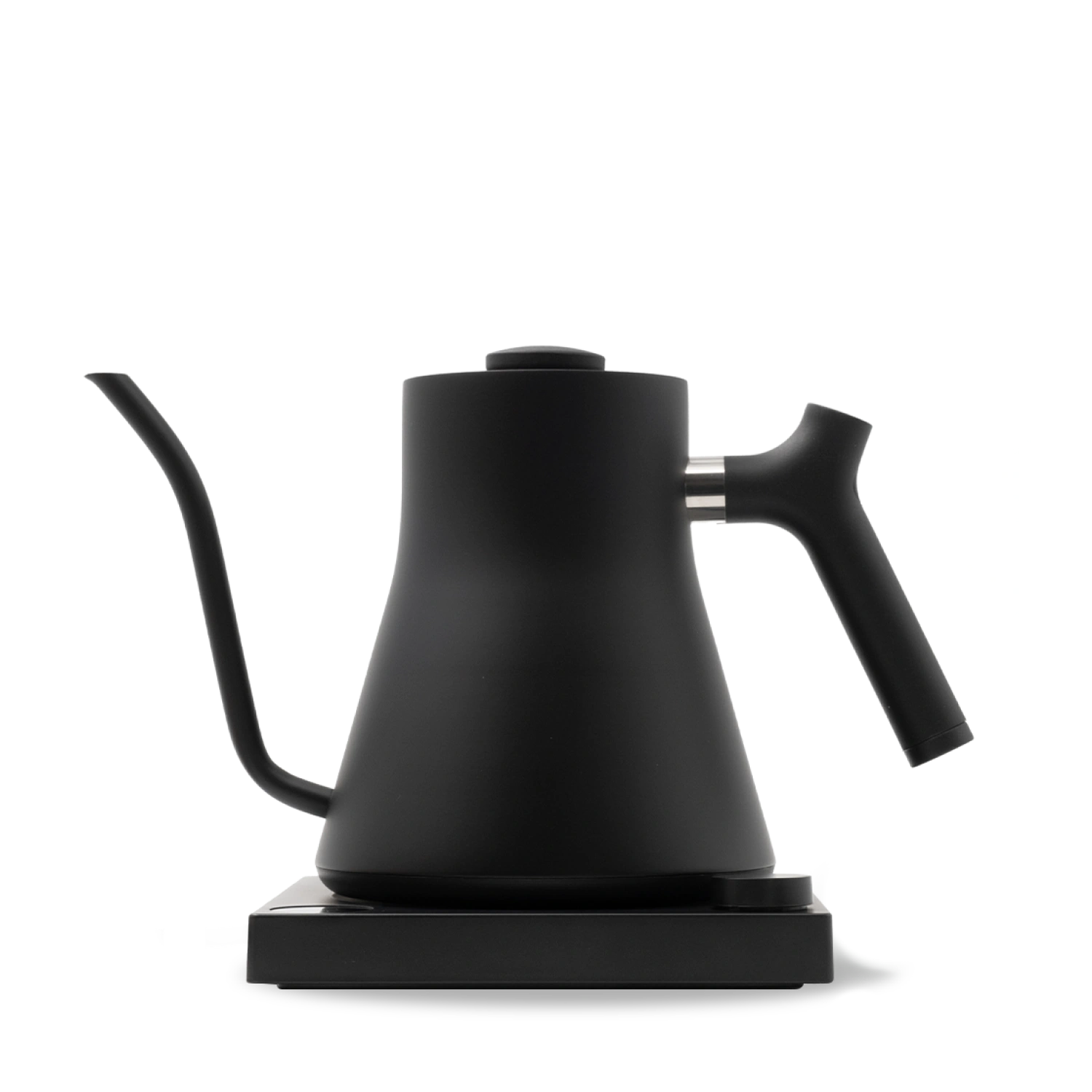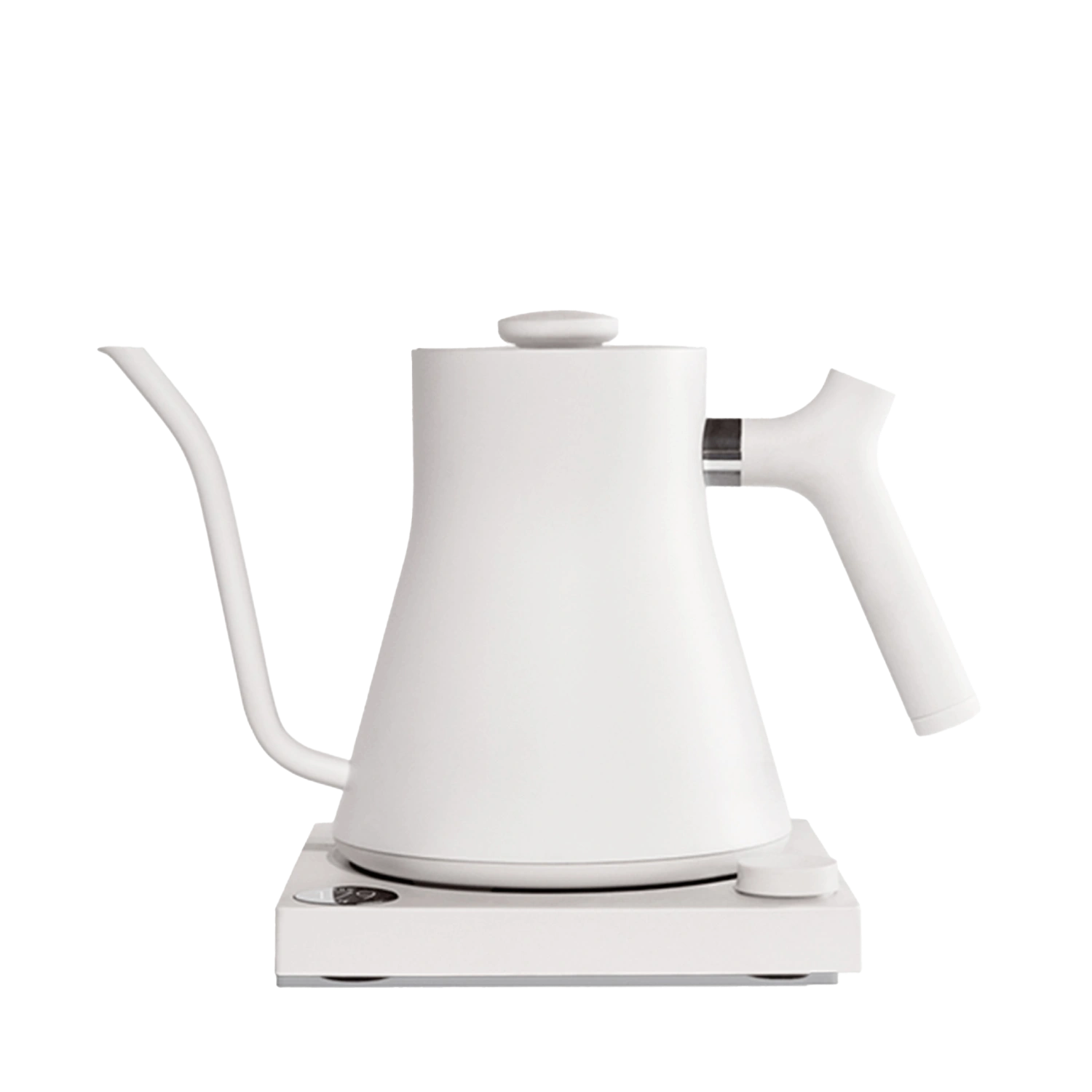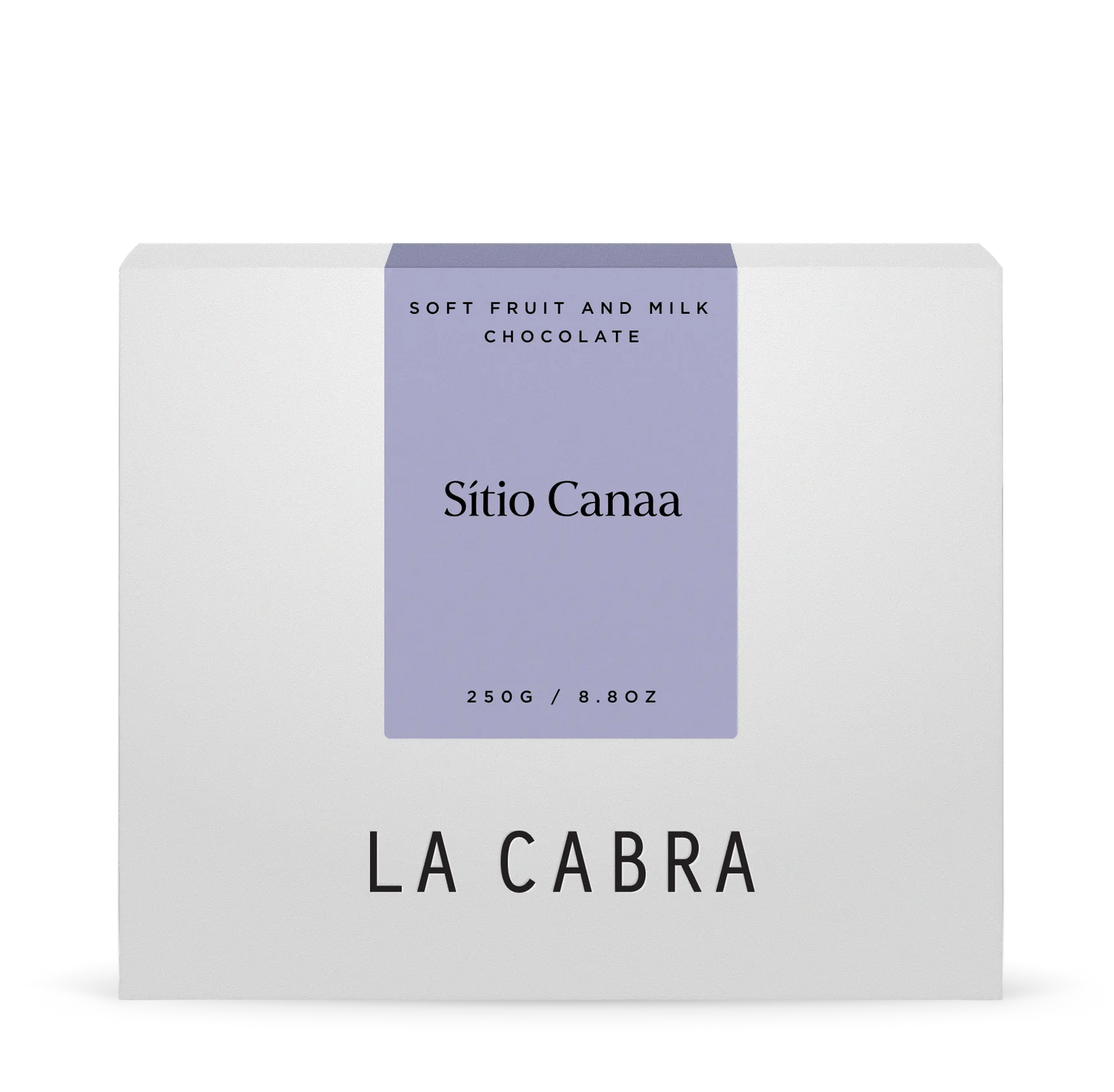
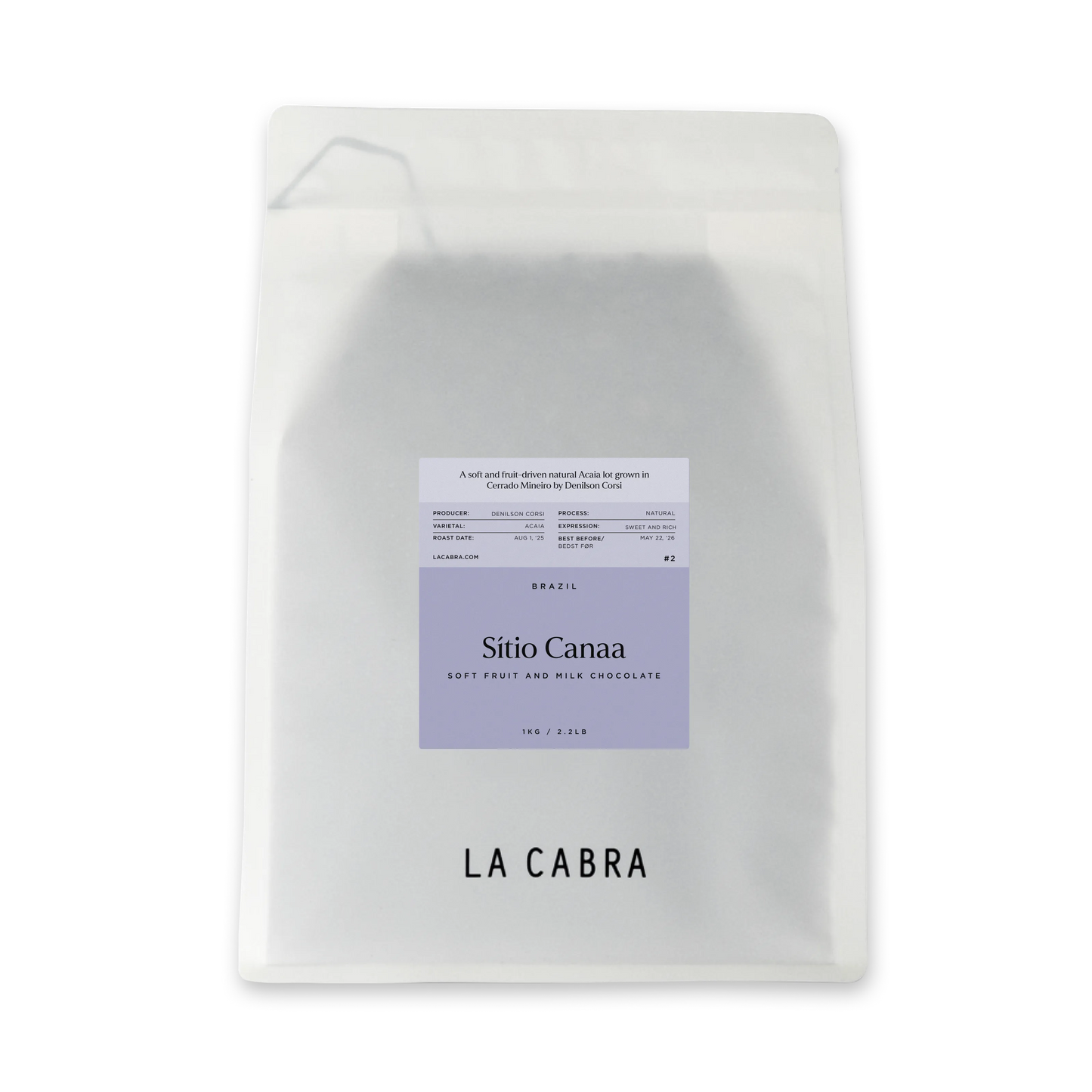
Denilson was born on the farm in Cooxupé, the youngest of 11 siblings. His father died when he was only 8, leading to the splitting of the family lands. This led to a tough decision for Denilson; due to his many siblings, his section of the lands was so small as to be difficult to earn a living from.
He decided to relocate, purchasing his own plot in Indianópolis, and preserving his ties to his family outside of business. Here he has honed an approach to farming and to quality, based on the generational experience of his family.
-v1749628286802.jpg?1200x960)
Denilson Corsi
Denilson’s family are descended fom Spanish and German immigrants to Brazil. Both families had strong connections to agriculture already from their days in their home countries. Denilson’s grandfather was born in Cooxupé in Minas Gerais, and eventually met his wife in the southern state of Paraná.
It was here that Denilson’s father and his siblings were born. Though they has success in Paraná with both coffee and cattle, the family moved back to Minas, buying a farm in Cerrado Mineiro near their hometown of Cooxupé. Denilson’s grandfather became a successful coffee producer here, among the first wave in Cerrado in the 1970’s.
-v1749628345845.jpg?1200x960)
This lot is of the Acaia varietal, with a brief anaerobic pre-fermentation in tanks before being dried carefully on patios. This pre-fermentation enhances the soft fruit character in the cup, here reminiscent of cherry, on a base of sweet and creamy milk chocolate.
-v1749628401567.jpg?1200x960)

Cerrado Mineiro
The region of Cerrado Mineiro is part of the state of Minas Gerais in southeastern Brazil. In 2013 the region became the first in Brazil to be granted a protected designation of origin certificate, similar to Champagne or Scotch whisky. To qualify for the title ‘Cerrado’, the coffees must be speciality grade and grown above 800 masl in the Cerrado Mineiro region. The 4500 producers of the Cerrado region produces 6 million bags of coffee a year, from 210,000 hectares of coffee growing lands. Most of the lands here are of quite low altitude compared to most of the coffee we buy here at La Cabra, and are more flat, rather than on more mountainous terrain. The region has characteristic and distinct seasons, with a wet warm summer, and a dry winter, leading to more consistency in growing conditions between years. The dry climate during harvest means less issues with drying coffees, part of the reason so many high quality naturals are produced here.


